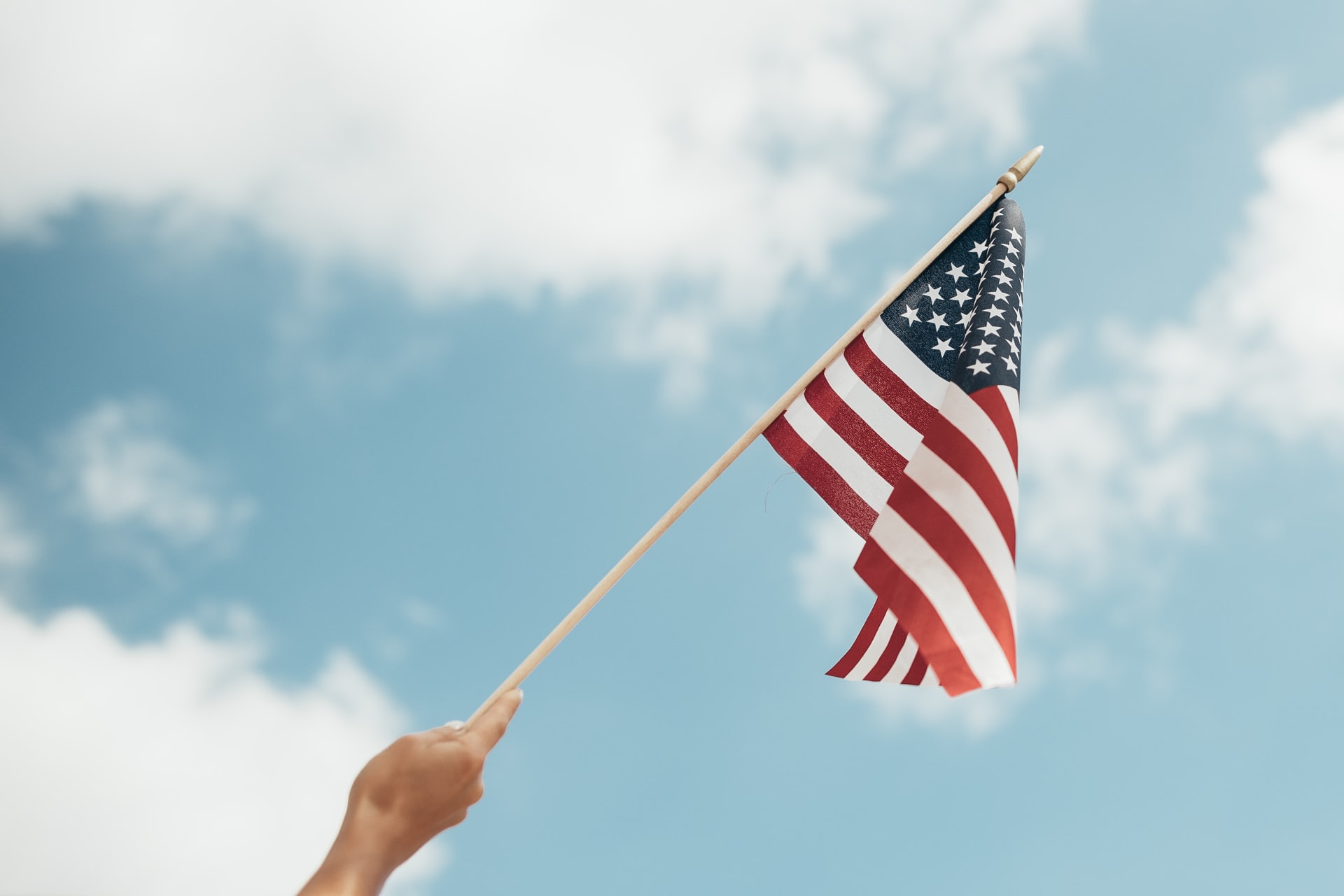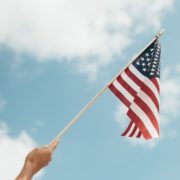
In this contemporary wave of civil rights and social justice, young Fil-Ams are questioning what American patriotism looks like
2020 was supposed to be about two key national events: the decennial census and the presidential election. But as the entire country is acutely aware of, those two issues somehow ended up in the back of the pack of collective urgency.
As the country heads into the Fourth of July weekend, historical monuments of controversial U.S. presidents, Confederate leaders and colonizers are being torn down from public spaces.
All this stemmed from the renewed magnification of systemic racism in the U.S. following the high-profile unlawful killings of unarmed Black individuals: Ahmaud Arbery on February 23, Breonna Taylor on March 13 and George Floyd on May 25.
Protests continue across major American cities, seemingly every U.S.-based corporate entity has publicly committed to internally fighting discrimination, product lines and musical acts are changing their names to be less racially insensitive and, most crucially, lawmakers are capitulating to the demands of the protestors and the Black Lives Matter movement.
The faction of largely white Americans that is against the tearing down of statues perceive the act as anti-American and erasure of American history which, in turn, means an erasure of the American identity.
But in a country like the United States, the great experiment kick-started by revolutionaries who wanted to sever ties from the British monarchy, the history of this country has not always been kind to those opposite the majority: white men with land.
In addition to the broad matter of racism, unpacking the royally self-imposed partisanship of the COVID-19 pandemic has also shed light on the conversation of what freedom really means (and what it doesn’t mean) as America heads into her 244th anniversary as a nation.
So how do you square unbridled American patriotism with the desire to entirely change the infrastructure of which the country runs to better represent and protect a growingly-diverse populace?
Children of cultural diasporas, particularly Filipino Americans, experience the world and concepts like national identity differently with many growing up with varying degrees of American patriotism and Filipino pride.
“For me, the Fourth of July has always been approached from a very capitalist sense. I’ve never really felt patriotic during the Fourth of July,” Ariel Rada, a public school teacher in Bayonne, New Jersey, told the Asian Journal.
Rada, who is also a podcaster and writer and regularly expresses his views on social justice online, said that his grandparents were influential to him growing up and that he grew up “feeling more Filipino than American.”
“I see no great illusion [and] I’m not affected by the illusion of the American dream, which is essentially capitalism,” Rada explained.
What many may not know or remember was that the Philippines used to share its own Independence Day with the U.S. The U.S. government officially recognized Philippine independence from American colonization on July 4, 1946, but in 1962 the Macapagal administration changed the national Philippine Independence Day to June 12.
But that period in which Philippine independence and American independence shared a date speaks volumes on the ways in which geopolitics and colonial history has bound the two countries. What developed out of the decades of shared wars, trade pacts and military occupation was a Filipino identity that has been formed by American exceptionalism.
“There’s that confluence that’s existed even after the Philippines gained independence, right, like there is still very much an American presence in that country and among Filipinos everywhere, and you see it in the way they still believe in the ‘American dream’ and the way they see anything American as superior,” Gina de Mallo, a graduate student studying political communication at UC Berkeley told the Asian Journal.
De Mallo was born and raised in the Bay Area to Filipino immigrants who, like so many Filipino immigrant parents to U.S.-born kids, favored American assimilation for their kids.
“My parents, once they got here, became very American and wanted us to be the same way, and I think that has to do with that myth that it’s mutually exclusive to be American and to be Filipino, when you can be present in both,” de Mallo shared.
Like Rada, de Mallo doesn’t plan to celebrate the Fourth of July as intended, seeing it as “an excuse” to party and “parade around in stars and stripes.”
But this Fourth of July happens to fall squarely in the middle of dangerous pandemic and civil unrest. With the unpacking of the U.S.’ racist and discriminatory past, a celebration of American exceptionalism and patriotism feels like folly to many Americans disillusioned by the recent events related to police brutality and the failure of lawmakers to mitigate the COVID-19 spread.
“Freedom is a concept that many Americans feel connected to whether or not it’s the freedoms laid out in the Constitution, that ideas of a free press, freedom of speech, freedom to love and all these other promised and amended freedoms are uniquely American things,” Paul Garcia, a Filipino American law student in New York City, told the Asian Journal.
Referencing protestors of COVID-19 restrictions who believe that the requirement to wear a face mask in public to prevent the spread of germs is an infringement on individual freedoms, Garcia shared that contemporary Americans have “exploited” the idea of freedom to solely fit their own desires.
Rada mirrored that sentiment, calling freedom “a buzzword to get away with doing whatever it is they want to do.”
“I think what we have to remember is that you do not serve a country or a leader or a flag: you serve the idea, the law of the land as it was based in the U.S. Constitution,” said Rada, who graduated from Liberty University with a degree in criminal justice.
The Fourth of July was designed to appeal to the pathos of the Founding Fathers and the forming of the United States of America as a new kind of democratic nation that values rugged individualism and, ultimately, capitalism. But as the country slowly becomes more inclusive, the idea of American patriotism is changing.
And, the idea of love of country and the potential overhaul of governance are not mutually exclusive.
“Love of a country doesn’t mean blindly following what has been the norm. I think that’s when people get confused and recoil when they see people like Colin Kaepernick kneeling in protest of police brutality,” Garcia explained.
He added, “America is not free of iniquity, and it’s okay and should be okay to acknowledge that. It doesn’t mean you hate your country or are anti-American. In fact, I think it showcases a complex kind of love for the country, that you want to see it evolve into a fairer nation devoid of existing systems of injustice.”






